SUMMARY
This is AI generated summarization, which may have errors. For context, always refer to the full article.
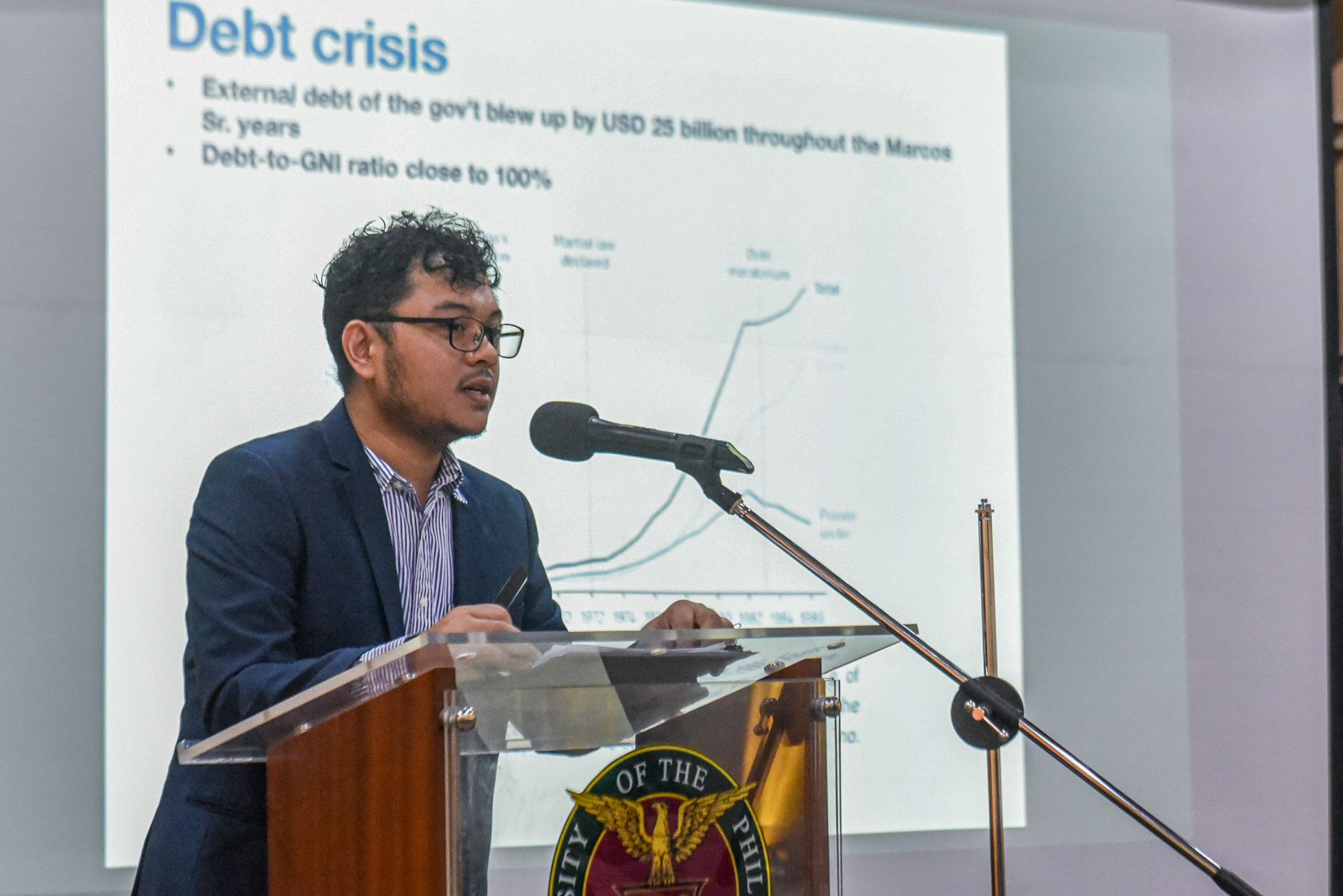
MANILA, Philippines – On the eve of the 37th anniversary of the 1986 People Power Revolution, economist and Rappler columnist JC Punongbayan launched his book, False Nostalgia: The Marcos ‘Golden Age’ Myths and How to Debunk Them at the University of the Philippines School of Economics.
Although he comes from an academic background, Punongbayan said that he tried to write this book in accessible language to relay its message to wider audiences.
“There’s a way to explain economics that’s accessible and understandable to so many people because, at its heart, economics is really about everyday life,” he said during the launch of his book on Friday, February 24.
Punongbayan, who writes a weekly column for Rappler in Filipino and English, said that debunking myths that have proliferated on social media is what sets this text apart from previous writings on the Marcos lies.
False Nostalgia, according to the book’s summary, “aims to set the record straight.”

“Weaving together hard data and facts in clear and accessible prose, this book aims to debunk the prevailing notion that Martial Law was the ‘golden age’ of the Philippines. In the process, it paints a clearer, more complete, and therefore more honest picture of the Philippine economy at the time.”
The book addresses the following myths, among others: that the Philippines was the richest country in Asia back then; that poverty, crime and corruption then was low; and that the Marcoses own a million tons of gold.
But even as these myths fueled the movement that propelled the dictator’s son, Ferdinand Marcos Jr., back to Malacañang, Punongbayan believes these myths should still be challenged.
“On the one hand, you might say that it’s too late. Several political realities we have to live through right now might have to be through the spread of disinformation,” Punongbayan said on the sidelines of his book launch.
“But at the same time, there are ways to adapt to these new information ecosystems. So, we really have to provoke academics and experts to cater to the material the youth really consume these days, and there are ways to get around that problem, to get around the exponential spread of disinformation, but we have to be creative as much as possible,” he added.
Rappler editor-at-large Marites Vitug, who was a reactor to the book launch discussion, said it was notable that a millennial was challenging the Marcos myths.
“This is an answer to benighted comments about young people not having the authority to speak or write about the Marcos years because they weren’t there,” Vitug said. “They chose to ignore the power of scholarly research, and of young minds doggedly seeking the truth,” she said.
Punongbayan said that despite the calls of Marcos and his supporters to “move on,” it is important to continue addressing these myths to “avoid repeating mistakes of the past.”
“Many of the things in the past are being revived in the present. The current administration, for example, is bringing back programs and policies that were implemented during the time of the dictatorship,” Punongbayan said.
“There are a lot of data and research studies that we can draw from to learn from the mistakes of the past so that we can use this information to avoid repeating mistakes of the past,” he added.
The book will be available for purchase on the Ateneo University Press’ online store on February 27. – Rappler.com
Add a comment
How does this make you feel?
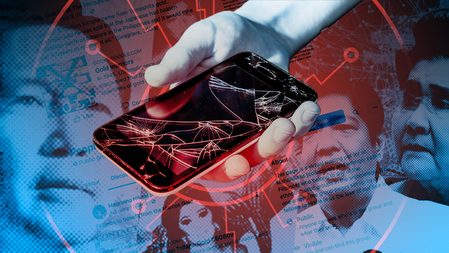
![[Closer Look] ‘Join Marcos, avert Duterte’ and the danger of expediency](https://www.rappler.com/tachyon/2024/06/TL-trillanes-duterte-expediency-june-29-2024.jpg?resize=257%2C257&crop_strategy=attention)

![[Newspoint] A Freedom Week joke](https://www.rappler.com/tachyon/2024/06/20240614-Filipino-Week-joke-1.jpg?resize=257%2C257&crop_strategy=attention)

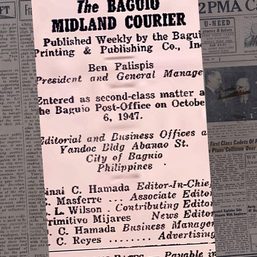
![[In This Economy] Marcos’ POGO ban is popular, but will it work?](https://www.rappler.com/tachyon/2024/07/thought-leaders-marcos-pogo-ban.jpg?resize=257%2C257&crop=255px%2C0px%2C720px%2C720px)
![[Rappler Investigates] POGOs no-go as Typhoon Carina exits](https://www.rappler.com/tachyon/2024/07/newsletter-graphics-carina-pogo.jpg?resize=257%2C257&crop=424px%2C0px%2C1080px%2C1080px)



![[Newspoint] A fighting presence](https://www.rappler.com/tachyon/2024/07/thought-leaders-a-fighting-presence.jpg?resize=257%2C257&crop=441px%2C0px%2C1080px%2C1080px)

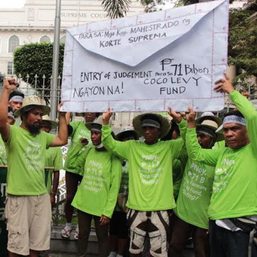
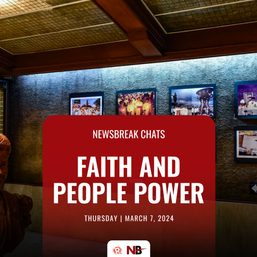



![[OPINION] If it’s Tuesday it must be Belgium – travels make over the Marcos image](https://www.rappler.com/tachyon/2024/04/tl-travel-makeovers-marcos-image.jpg?resize=257%2C257&crop_strategy=attention)
![[OPINION] Raised on radio](https://www.rappler.com/tachyon/2024/04/raised-on-radio.jpg?resize=257%2C257&crop=396px%2C0px%2C720px%2C720px)
![[Just Saying] Marcos: A flat response, a missed opportunity](https://www.rappler.com/tachyon/2024/04/tl-marcos-flat-response-april-16-2024.jpg?resize=257%2C257&crop=277px%2C0px%2C720px%2C720px)
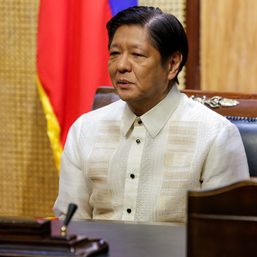

There are no comments yet. Add your comment to start the conversation.